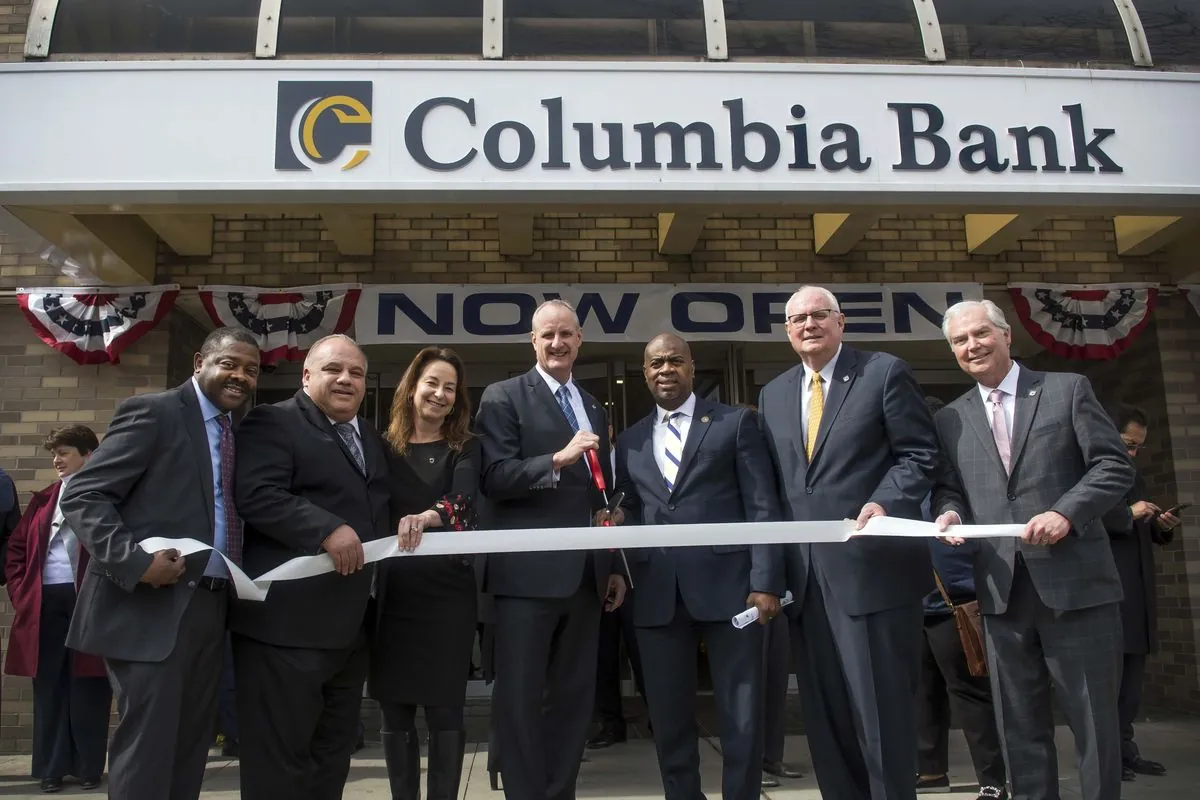OceanFirst Bank, a subsidiary of OceanFirst Financial Corp, has reached an agreement with the U.S. Department of Justice to resolve allegations of illegal redlining practices. The New Jersey-based financial institution will allocate a minimum of $14 million to a loan subsidy fund as part of the proposed settlement filed in federal court in Trenton on September 13, 2024.
The Justice Department's lawsuit accused OceanFirst Bank of engaging in discriminatory lending practices between 2018 and 2022. According to the allegations, the bank discouraged potential borrowers from seeking home loans and other financial services in predominantly Black, Hispanic, and Asian neighborhoods within Middlesex, Monmouth, and Ocean counties. Simultaneously, the bank was accused of catering to the needs of customers in majority-white areas.
Redlining, a practice prohibited by the Fair Housing Act of 1968, involves the systematic denial of services to residents of specific areas based on race or ethnicity. This discriminatory practice has historically contributed to racial wealth gaps in the United States, making cases like this particularly significant in the ongoing effort to ensure equitable access to financial services.
The Community Reinvestment Act of 1977 mandates that banks meet the credit needs of all segments of the communities they serve. The Federal Reserve, along with other regulatory bodies such as the Consumer Financial Protection Bureau (CFPB), conducts regular examinations to ensure compliance with fair lending laws.
OceanFirst Financial Corp, founded in 1902 and headquartered in Red Bank, New Jersey, now faces the challenge of addressing these allegations and implementing changes to its lending practices. The proposed $14 million loan subsidy fund is expected to provide more favorable terms to underserved communities, potentially helping to bridge the gap in access to financial services.
The U.S. Department of Justice's Fair Housing Program, which spearheaded this case, works in conjunction with other federal agencies like the Department of Housing and Urban Development (HUD) to combat housing discrimination. These efforts often involve detailed analysis of lending patterns using geographic and demographic data to identify potential disparities.
This case highlights the ongoing importance of fair lending practices in the banking industry, especially in diverse regions like New Jersey, which is part of the New York metropolitan area and home to significant Black, Hispanic, and Asian communities. As financial institutions continue to face scrutiny, the resolution of this case may serve as a reminder of the legal and ethical obligations banks have to serve all members of their communities equitably.
